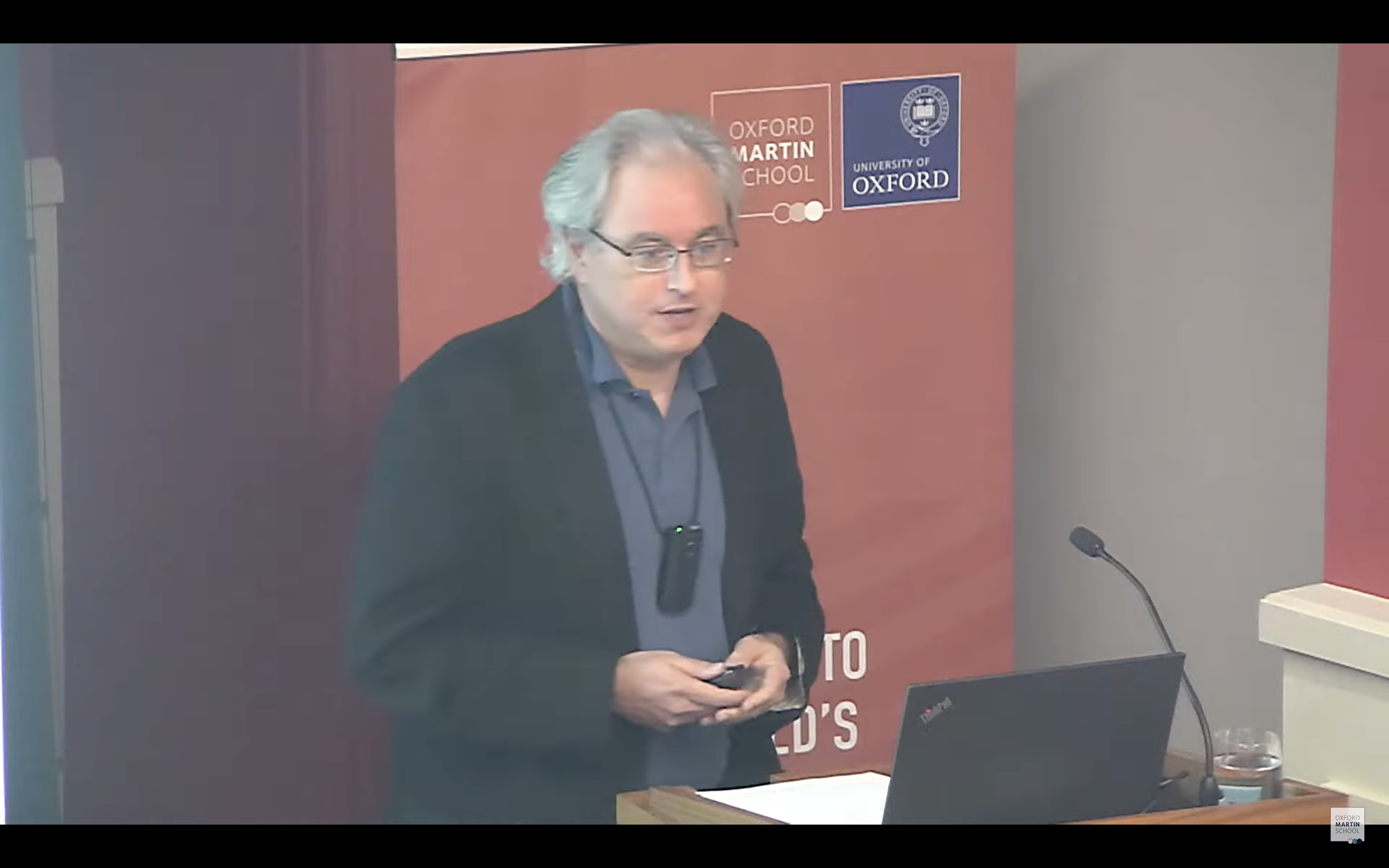CGD yesterday hosted a lively book chat with Gregory Clark, author of a provocative new book, A Farewell To Alms: A Brief Economic History of the World. Clark, a British academic who is the chair of the economics department at the University of California at Davis, was witty and charming as he proposed a theory of economic growth that implied that most of the development work going on in the world is wrong-headed and doomed to fail.
To put his views in perspective when introducing him, I offered a four-bullet intellectual history of development economics in the later half of the 20th century:
- It's physical capital, stupid.
- It's human capital, stupid.
- It's markets and policies, stupid.
- And finally, with a brief nod towards social capital we arrive at the current conventional wisdom: It's institutions, stupid!
Clarks' book offers a new paradigm that could be summed up as follows: It's evolution—of values and culture and just perhaps of the human species. (And it's almost certainly not institutions, stupid!)
Having worked as a reporter in East and Southeast Asia during the formative years of the what is sometimes called the East Asian Miracle, I've long felt that development economists spend too little time thinking about the role of values and cultural norms (in East Asia's Confucian tigers these include hard work, thrift, dedication to study and learning, and entrepreneurship). So I am not unsympathetic to parts of Clark's thesis, at least in terms of the role of culture and values.
Economist bloggers have been having a good time discussing these issues, and Clark has joined in the fray, for example, On EconLog.
One element missing from these discussions is the implication of Clark's controversial theories for rich-world efforts to help foster development—particularly for aid. Pressed on this question by my colleague Michael Clemens, an economic historian who specializes in offering historical perspectives on current policy debates, Clark disavowed any intention to provide guidance for the aid community. Basically he said that anybody who interfered in others' lives based on his work would be making a big mistake.
Yet in his presentation he specifically challenged health-focused interventions in Africa, such as those funded by the Gates Foundation, saying that they would merely raise the overall level of misery by keeping alive an ever larger number of people mired in poverty. And in the book itself Clark is pessimistic about any and all attempts by the rich to help the poor. He writes, "Even direct gifts of aid have proved ineffective in stimulating growth. In this context the only policy the West could pursue that will ensure gains for at least some of the poor of the Third World is to liberalize immigration from those countries." (p. 373)
Confusion on this score is exacerbated by the clever and provocative title of his book, which is not explained in the book itself. Clark set the record straight on that point yesterday. A Farewell to Alms, he said, was not intended to imply that there is no need for or value to development assistance. Rather it was intended to celebrate the end of poverty in the rich societies which was made possible by the industrial revolution. And, he added later, a clever title is crucial if you want to sell a lot of books.
CGD blog posts reflect the views of the authors, drawing on prior research and experience in their areas of expertise.
CGD is a nonpartisan, independent organization and does not take institutional positions.





